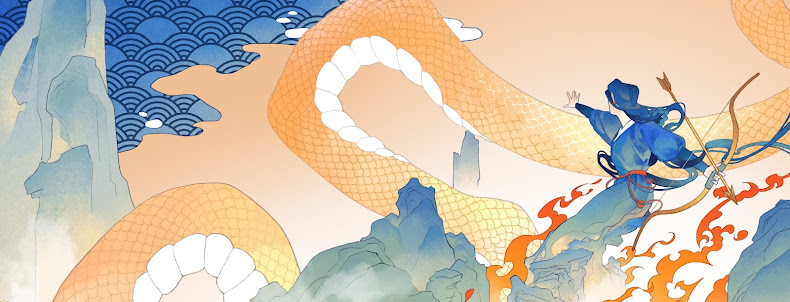This is a
piece of beautiful, honest, philosophical writing that flows from a chastened
soul. It is a long letter that Oscar Wilde wrote while he was in prison, addressed to his lover Lord Alfred Douglas. At the time of the letter's first publication, parts of it were suppressed (the parts where Wilde recounted his relations with Douglas and how he was utterly swayed by his influence). When Douglas failed in his libel action re: the letter against the publisher, he resorted to writing a venomously bitter rebuttal called Oscar Wilde and Myself.
These passages in Wilde's letter tug at my heartstrings:-
"To regret one's own experiences is to arrest one's own development. To deny one's own experiences is to put a lie into the lips of one's own life. It is no less than a denial of the soul."
"Truth in art is the unity of a thing with itself: the outward rendered expressive of the inward: the soul made incarnate: the body instinct with spirit."
These passages in Wilde's letter tug at my heartstrings:-
"To regret one's own experiences is to arrest one's own development. To deny one's own experiences is to put a lie into the lips of one's own life. It is no less than a denial of the soul."
"Truth in art is the unity of a thing with itself: the outward rendered expressive of the inward: the soul made incarnate: the body instinct with spirit."
"Of course when they saw me I was not on my pedestal, I was in the pillory. But it is a very unimaginative nature that only cares for people on their pedestals. A pedestal may be a very unreal thing. A pillory is a terrific reality. They should have known also how to interpret sorrow better. I have said that behind sorrow there is always sorrow. It were wiser still to say that behind sorrow there is always a soul. And to mock a soul in pain is a dreadful thing."
"Now it seems to me that love of some kind is the only possible explanation of the extraordinary amount of suffering that there is in the world. I cannot conceive of any other explanation. I am convinced that there is no other, and that if the world has indeed, as I have said, been built of sorrow, it has been built by the hands of love, because in no other way could the soul of man, for whom the world was made, reach the full stature of its perfection. Pleasure for the beautiful body, but pain for the beautiful soul."
"Time and space, succession and extension, are merely accidental conditions of thought, the imagination can transcend them and move in a free sphere of ideal existences. Things also are in their essence of what we choose to make them; a thing is according to the mode in which we look at it."

No comments:
Post a Comment